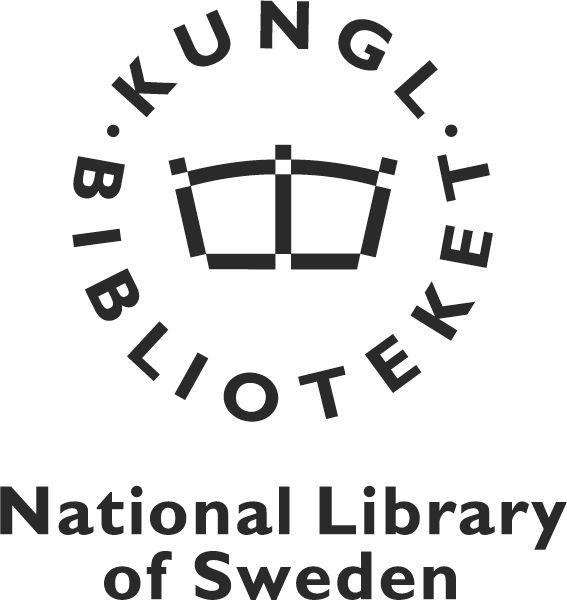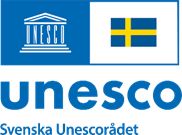Pressmeddelande -
The Freedom of the Press Ordinance inscribed on the UNESCO Memory of the World Register
The Swedish Freedom of the Press Ordinance of 1766 is now inscribed on the UNESCO Memory of the World Register. The first of its kind in the world, the Ordinance includes both the rights of freedom of expression and that of access to official public records. These unique documents are preserved at the Swedish National Archives and the National Library of Sweden.
Sweden was the first country in 1766 to adopt legislature regulating the right to free speech – the Freedom of the Press Ordinance. It comprises two parts:
- The right for all citizens to publish thoughts, opinions and emotions in print.
- The right for all citizens to have access to public agencies’ and governing bodies’ records (for example decisions, meeting minutes, and public inquiries), and publish them in print as desired. This right is called the principle of public access to official records.
Emergence of a new concept during the Age of Liberty
In the mid 1700’s Sweden had a unique parliamentary system giving considerable powers to the governing body riksdagen, the Swedish parliament, and comparatively less to the crown. During the Age of Liberty (1719–1772), the free exchange of thoughts and ideas became increasingly important, as was the possibility to arouse opinion and conduct public debate. This resulted in the first Freedom of the Press Ordinance.
By studying records housed at the Swedish National Archives we can follow the drafting process for the Freedom of Press Ordinance, and together with printed materials at the National Library of Sweden, we are able to follow the consequences of the implementation of this new legislature. These documents have now jointly been inscribed on the Memory of the World Register by UNESCO.
“We take great pleasure in UNESCO’s inscription of the Freedom of the Press Ordinance on the Memory of the World register. This Ordinance has shaped the development of Swedish freedom of expression and democracy until the present day. The inscription as Memory of the World highlights a fundamental human right”, declared Director Generals and National Archivist Karin Åström Iko and National Librarian Karin Grönvall, respectively, in a joint statement.
Considerable importance for all of humanity
Items inscribed on the Memory of the World Register are documents or a collection housed in an archive or library, holding great value for civilization. Sweden has seven previous Memories of the World: Alfred Nobel’s family archive, Astrid Lindgren’s archive, Dag Hammarskjöld’s collection, Emanuel Swedenborg’s archive, Ingmar Bergman’s archive, the Silver Bible Codex Argenteus and the Stockholm City Planning Committee archives.
UNESCO’s Memory of the World Programme aims to promote the preservation of the world’s heritage records, strive for universal access to these documents and raise awareness globally for the existence and significance of that heritage. The Swedish National Commission for UNESCO provides advice to the Swedish Government on UNESCO-related matters and raises awareness in Sweden about UNESCO and its work. The Commission supports Swedish nominations to the Memory of the World Register based on the recommendations of the Swedish committee for the Memory of the World Programme.
The Freedom of the Press Ordinance was nominated candidate for inclusion into UNESCO’s Memory of the World Register in 2021.
Learn more about the ordinance
Download The Swedish Freedom of the Press Ordinance of 1766. Background and Significance (pdf), by professor Jonas Nordin.
For more information, please contact:
Andreas Wallgård, Communications Officer, the Swedish National Archives
Telephone: +46 10 476 87 83
E-mail: andreas.wallgard@riksarkivet.se

Lotta Serning, Press Officer, The National Library of Sweden
Telephone: +46 70 007 33 21
E-mail: lotta.serning@kb.se

Thérèse Amnéus, Communications Officer, Swedish National Commission for UNESCO
Telephone: +46 73 840 91 75
E-mail: therese.amneus@gov.se

Ämnen
- Utbildning
Kategorier
- tryckfrihetsförordningen
Kungliga biblioteket
Kungliga biblioteket, KB, är Sveriges nationalbibliotek. Vi samlar in, bevarar och tillgängliggör allt som ges ut i Sverige, från handskrifter, böcker och tidningar till musik, tv-program och bilder. Dessutom har vi utländskt material med svensk anknytning.
KB är en statlig myndighet under Utbildningsdepartementet. Som nationalbibliotek utvecklar och främjar vi samverkan i den svenska bibliotekssektorn.
